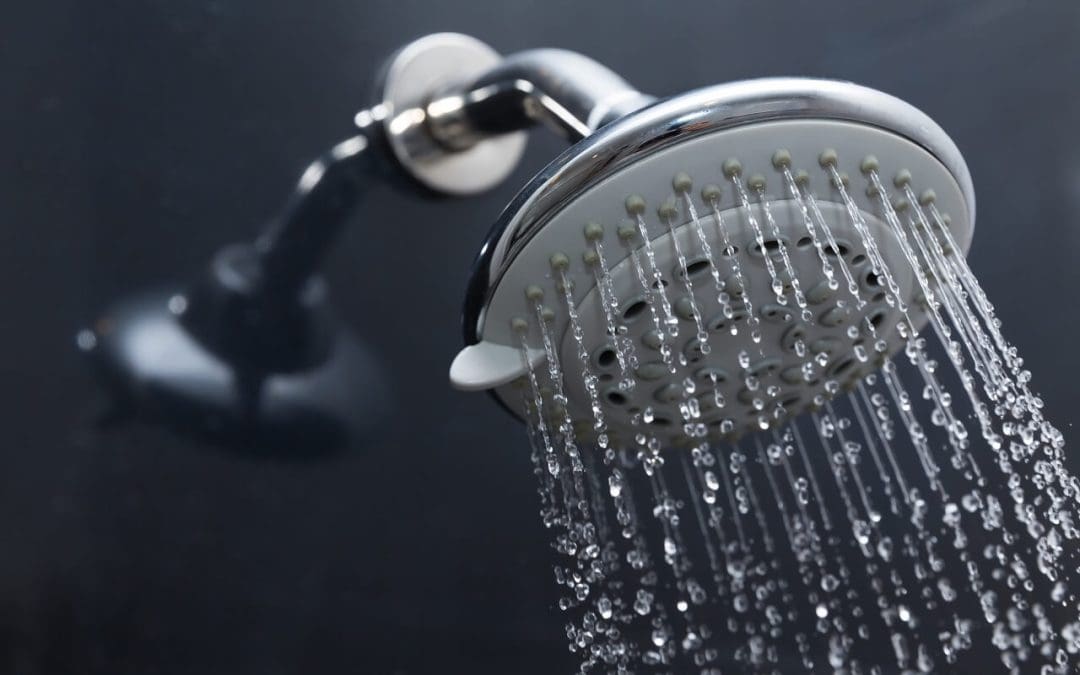Water bills often climb in summer, right alongside the temperature. Lawns, gardens, pools, and cooling systems can all push your household water use higher than it is the rest of the year. But the biggest jumps often come from daily habits. If you’re a homeowner looking to conserve water at home without sacrificing comfort or curb appeal, here are a few targeted changes that will make a big impact.
Rethink Lawn and Garden Watering
The yard is one of the most common places where water gets wasted in the summer. Sprinklers left on too long, watering during the hottest part of the day, or overwatering plants that don’t need it—all of it adds up.
Start by watering earlier in the day when temperatures are cooler and winds are calmer. This helps the water soak into the soil instead of evaporating before it reaches plant roots. Keep an eye on your lawn, too. Grass that’s watered deeply but infrequently tends to develop deeper roots and become more drought-tolerant. If you can walk across your lawn and the blades don’t spring back quickly, it’s time to water. Otherwise, let it be.
For landscaping, choose native or drought-resistant plants that require less attention and less water once established. Ground covers and mulch also help retain soil moisture, reducing the need for constant irrigation.
Spot the Hidden Leaks
Not all water waste is visible. Even a slow-dripping faucet or a toilet with a worn toilet flapper can send hundreds of gallons down the drain over the course of a month. In-ground irrigation systems are another common trouble spot, especially if the system hasn’t been maintained. A quick way to check for leaks is to monitor your water meter before and after a two-hour window when no water is being used. If the meter changes, you’ve got a leak somewhere.
Inside the home, check under sinks, around toilets, behind the washing machine, and near the water heater. Outdoors, inspect spigots, hoses, and sprinkler heads for drips or cracks. These issues are usually inexpensive to fix and pay for themselves quickly in water savings.
Adjust Everyday Water Habits to Conserve Water
It’s easy to overlook the water that goes down the drain from simple daily routines. Long showers, letting the faucet run while brushing your teeth, or washing half-loads of laundry all contribute more than most homeowners realize.
Try cutting your shower time by just a few minutes or switching to a low-flow shower head. Only run the dishwasher or washing machine with full loads. Instead of letting the tap run to rinse produce in the kitchen, use a bowl of water to give it a quick wash.
Small shifts like these build better habits and make conservation part of your normal routine. They don’t require big sacrifices, just a bit of intention.
Upgrade Where It Counts
If you’re ready to make a more permanent shift, a few upgrades will make your home much more water-efficient. High-efficiency toilets, faucets with aerators, low-flow shower heads, and ENERGY STAR-certified washing machines reduce water usage without affecting performance.
Smart irrigation controllers are another smart investment. These systems adjust watering schedules based on weather conditions, soil moisture, and plant needs. They’re beneficial when summer rainfall varies or drought restrictions may apply.
These changes conserve water and lower utility bills. Implement these tips to protect natural resources and keep your home running more efficiently all summer.
FAQs About How to Conserve Water in Summer
How much water can I save by adjusting my irrigation schedule?
Watering early in the morning instead of mid-afternoon can reduce evaporation loss by up to 30%. Adjusting your schedule and watering duration easily saves hundreds of gallons each month.
Are low-flow fixtures really worth installing?
Yes. Low-flow fixtures cut water use by 20 to 60 percent, depending on the appliance or fixture. Many homeowners see a noticeable drop in their monthly water bill soon after installing them.
Does mulch really help save water in gardens?
Absolutely. Mulch reduces evaporation from soil, keeps roots cooler, and limits weed growth that competes for water. It’s one of the simplest ways to reduce the need for frequent watering.
Can I reuse water from household chores for outdoor use?
Yes, in some cases. Known as greywater, this can include water from rinsing fruits, vegetables, or even leftover water from pet bowls. Avoid using greywater with soap or chemicals on edible plants, and always check local regulations before setting up a more permanent greywater system.
Imperial Inspection Services offers comprehensive home inspections to homebuyers and sellers in Central Iowa. Contact us to schedule an appointment.

